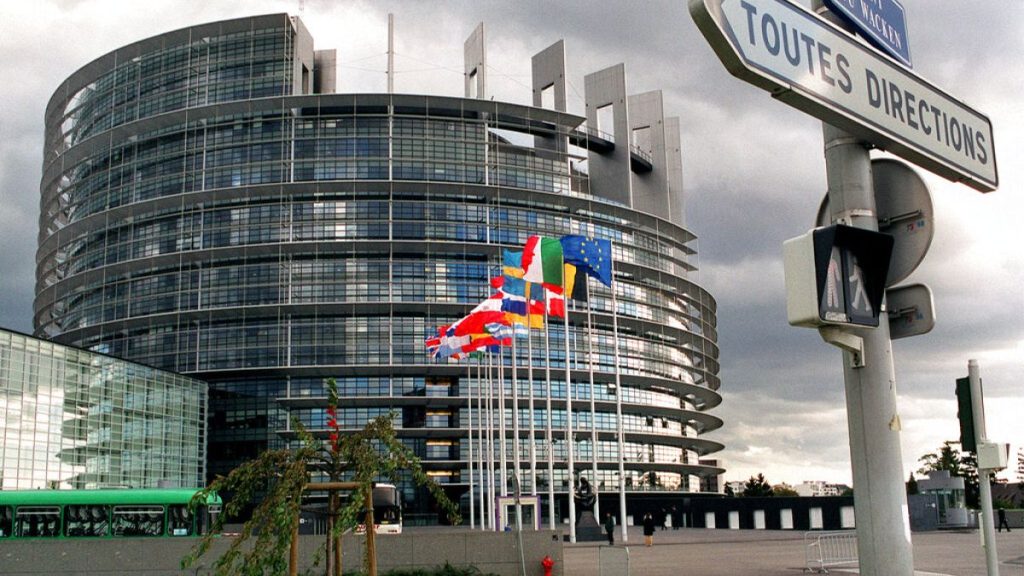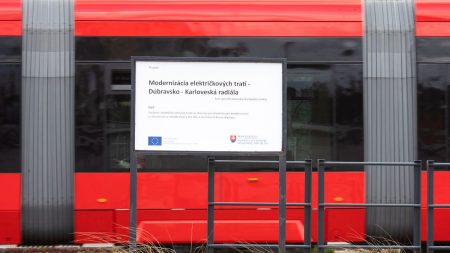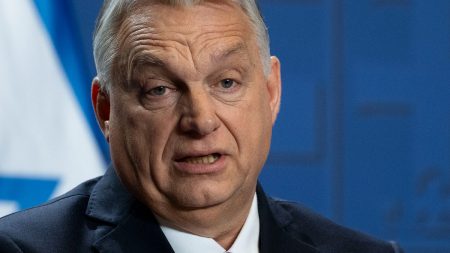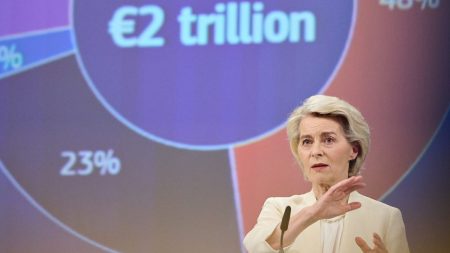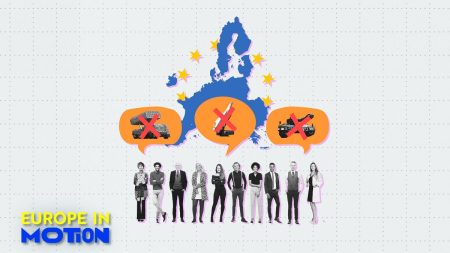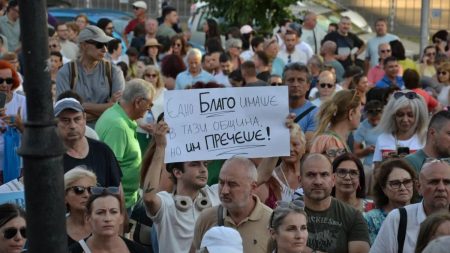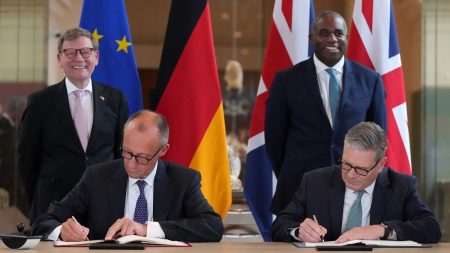During a plenary session held in Strasbourg, Members of the European Parliament (MEPs) came together to discuss the growing concerns regarding foreign interference and espionage within European universities. Recognized as essential hubs for research and innovation, these institutions also find themselves vulnerable to external influences, particularly from nations such as China, Russia, and Iran. MEP Laurence Farreng from the Renew Europe group highlighted the alarming reality that academia is often a blind spot in terms of policy, referring to two primary forms of interference: outright espionage in research and subtler influence operations. The implications of such activities are profound, as they not only compromise the integrity of research but could potentially shape debates and decision-making within academia.
The discussions have raised significant alarm about the ways in which foreign nations leverage academic partnerships for their gain. MEP Hannes Heide from the S&D group pointed to the specific case of China, which actively funds European researchers in crucial sectors like artificial intelligence, quantum technologies, and biotechnology. He emphasized that Chinese researchers frequently operate under commitments to share findings with their government’s intelligence agencies. This situation underscores the urgent need for enhanced scrutiny and transparency concerning research funding flows from foreign entities. In light of these revelations, MEPs urged for rigorous measures to protect academic independence and integrity against foreign encroachment.
To mitigate risks associated with foreign funding and interference, MEPs advocated for greater transparency in the funding of university programs. Their recommendations included implementing stringent checks on financial support from external sources and ramping up awareness initiatives within the academic community regarding the potential threats they might face. Moreover, they emphasized the necessity for increased public funding of higher education institutions as an alternative to reliance on potentially compromising foreign funding. Coordination between universities and European intelligence agencies was deemed essential, as these agencies are often the first to detect signs of foreign interference, allowing for a protective framework around academic research.
Furthermore, the parliamentarians recognized the necessity of balancing vigilance with the preservation of academic freedoms and institutional autonomy. Markéta Gregorová from the Greens/EFA group noted that while vigilance is critical due to the sources of foreign interference, it is equally vital to guard against paranoia that could impede open academic discourse. By stipulating that while welcoming international students is important, measures should be in place to prevent indiscriminate access to sensitive technological advancements, MEPs highlighted the need for a nuanced approach to relations with students and researchers originating from these nations.
Despite the challenges posed by foreign interference, the session concluded with a commitment to uphold the principles of academic freedom and open inquiry, which are cornerstones of European educational philosophy. Maintaining a healthy balance between safeguarding national interests and fostering international collaboration was underscored as a priority. The MEPs expressed the collective desire to create a robust framework that would ensure that Europe’s universities continue to thrive as secure environments for innovation and research without compromising on their foundational values.
In summary, the plenary debate encompassed vital discussions around the concept of foreign interference in academia, emphasizing the significance of transparency, public funding, and heightened awareness in countering potential threats. The involvement of foreign nations in academic partnerships has stirred concern among MEPs, prompting calls for enhanced vigilance and strategic measures to protect critical research areas. Their conversations affirm the value placed on academic freedom, aiming to cultivate an environment that promotes both security and open inquiry, vital for the continued advancement of Europe’s higher education landscape.




